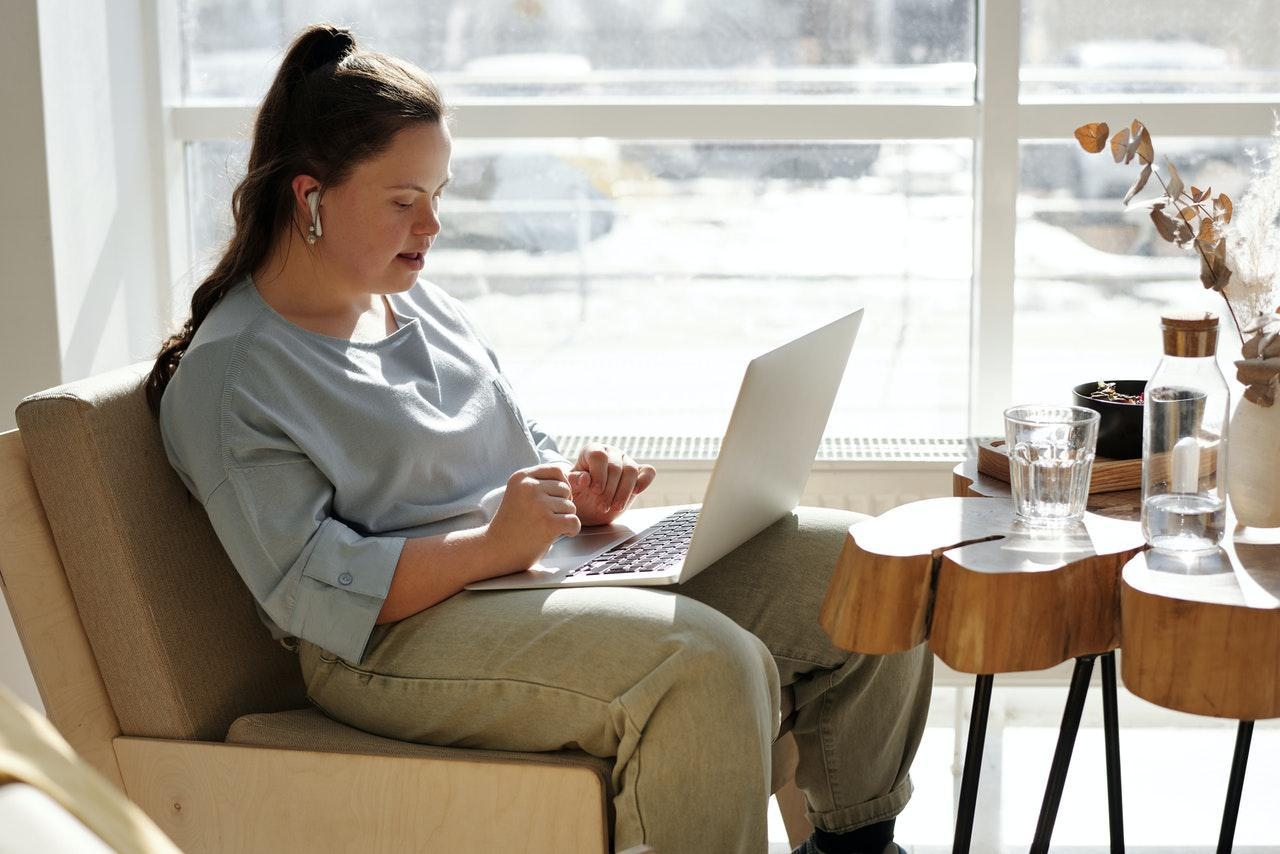Helping You Stay Informed — Practical Resources for Clients and Stakeholders.
We’ve gathered a range of resources to support individuals, families, and stakeholders in accessing and understanding allied health services. From referral forms and fact sheets to service guides and helpful links, this hub is here to make your journey clearer and more confident.
Whether you’re looking for information to share, tools to support a referral, or details about our services, you’ll find it all right here. If you need something that’s not listed, feel free to reach out—we’re always happy to help.
About our Resources
Advocacy
Continuing Professional Development
Resources Library
WHR Allied Health provides supports to a broad range of clients who all have their own unique needs. This resource section is provided to assist participants and their families to engage specific supports from specialist organisations, or at least to provide some guidance as to who they can contact for additional information. This list is compiled with information that we have utilised ourselves in practice or that we feel families may benefit from. WHR Allied Health do not own rights to these documents. They have been sourced from locations where they are freely available for public access.

